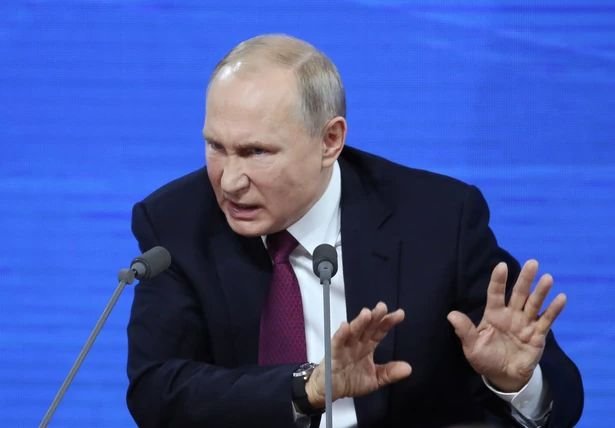Amid a persistent global health crisis, the swift march of medical innovation offers a glimmer of hope. One of the most tenacious adversaries in the annals of human health is cancer—a disease responsible for nearly 10 million deaths in 2020 alone, translating to one in six fatalities worldwide. The prevailing tides of this health catastrophe may be shifting, however, as Russian President Vladimir Putin asserts that Russian scientists are approaching a pivotal breakthrough: the development of vaccines designed to combat cancer, which may soon be within the reach of patients in need.
Addressing an attentive audience at a Moscow forum, Putin ignited discussions with a substantial declaration. “We have come close to creating so-called ‘Cancer’ vaccines,” he proclaimed, highlighting an emerging class of cancer vaccines alongside a new generation of immunomodulatory drugs. “And I hope that soon they will be effectively used as methods of individual therapy.”
Though the specifics regarding which types of cancer these vaccines would target remain undisclosed, the announcement has rippled through the international community, fostering anticipation and hope. Nevertheless, the pressing question lingers: with cancer’s pervasive global impact, why does a cure remain elusive?
Cancer’s complexity as a malady cannot be understated. Each cancer manifests through the growth of tumors, each with distinct mutations. The challenge intensifies as treatments might eradicate one type of cell within a tumor while others persist, thus perpetuating the cycle of growth.
In response to this complexity, the medical community has turned toward cancer vaccines as a beacon of hope. These vaccines are not preventive in the traditional sense but are therapeutic, providing potential treatments that could eradicate cancer cells and diminish the chance of recurrence.
Internationally, the endeavor to develop such vaccines is not solitary. The United Kingdom, in collaboration with Germany’s BioNTech, commenced clinical trials aiming to encompass 10,000 patients by the year 2030. Likewise, pharmaceutical luminaries like Moderna and Merck contribute to the fervent research, targeting melanoma—among the most lethal of skin cancers—with vaccines that, in mid-stage development, have halved the risk of recurrence or death over a three-year period.
Moreover, the medical world has garnered significant victories—namely, the six vaccines against the human papillomavirus (HPV) causing several cancers, including cervical, as well as vaccines against Hepatitis B, with its established pathway to liver cancer.
Read More:- The Rise of Xi Jinping: A Comprehensive Insight
The quest against cancer is formidable, with over 200 known diseases attributed to various types of cancer. Each step towards a solution, whether from Russia or elsewhere, is a stride in a battle undeniably worth waging.
Do you also like Anime? Go on to Pop Media Pulse
